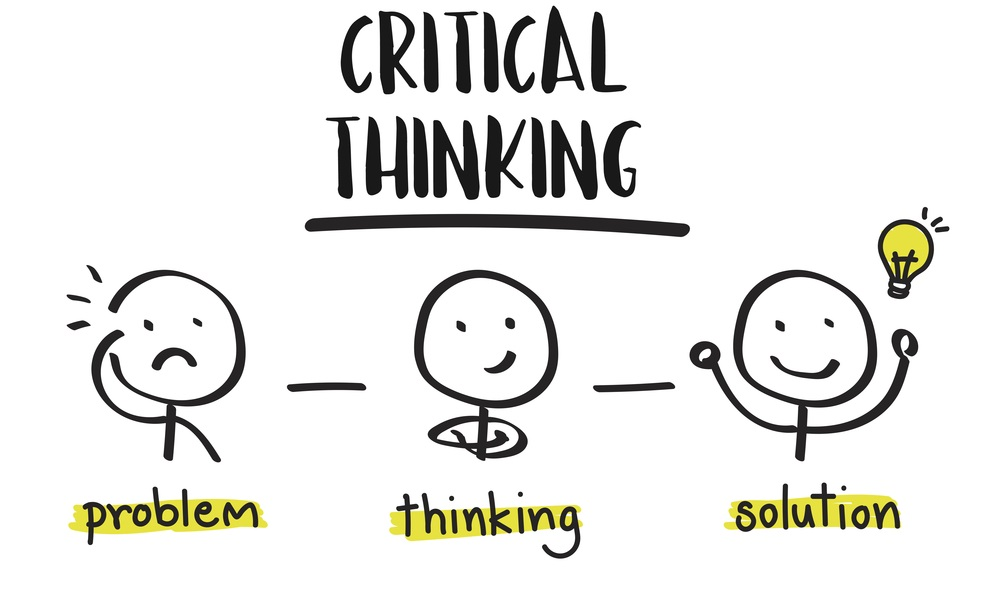
Every day, we are bombarded with countless decisions to make or issues to be solved. This is where our critical thinking skills kick in, allowing us to come to the most optimal decision or solution. In today’s increasingly complex and technological world, critical thinking has become an essential skill for one to hone from a young age and is highly sought after in the workforce.
What is critical thinking?
Critical thinking is the ability to arrive at conclusions independently, consider all perspectives of an issue, draw the links between cause and effect, and derive solutions to complex issues. It allows one to analyse information and make sound decisions. It starts with a simple question – “Why?”.
The importance of critical thinking is evident from the change in Singapore’s education system. Memorisation and regurgitation of knowledge is no longer sufficient to achieve academic success. Instead, students are required to apply the knowledge to novel situations with flexibility.
How do we encourage critical thinking?
Here are 3 ways to help your child to hone their critical thinking skills:
1. Creating an environment that promotes critical thinking

Children should learn in an environment that encourages them to ask questions and participate in engaging discussions, instead of simply being spoon fed with information. This allows them to learn actively, and evaluate the information that they are taking in.
Examples of questions that help to stimulate critical thinking are:
- Can you elaborate further?
- Can you give an example of how this concept is demonstrated in our daily lives?
- Are there other perspectives of this issue?
- Can you explain this in a simpler manner?
2. Study with the help of real world examples

An effective way of boosting critical thinking in children is to encourage them to apply the concepts learnt in classrooms to the real world. Not only does this help them to retain the information better, it helps them to see the purpose behind what they are learning, and understand the implications of certain issues in the real world.
Exploring case studies can demonstrate the complexity and unpredictability of real issues, and hence the need for a multidisciplinary approach while solving problems. They serve as opportunities for students to think out of the box, stimulating critical thinking.
3. Involving them in collaborative learning

Working in groups is a way to enhance children’s critical thinking skills through social experiences. Collaborative learning exposes children to the thought process of their peers, as well as other perspectives to approach a particular issue.
Besides being exposed to different viewpoints from their groupmates, children will also be presented with opportunities to train their leadership styles, people management and conflict management skills. When conflicts arise, children will need to analyse the information they are presented with and come to a conclusion. Children can also learn to develop and articulate their own thoughts and opinions on various issues.
These are just a few ways to help your child to nurture their critical thinking skills from young. Children can also learn to pick up critical thinking skills and more by reading educational magazines and storybooks to help further their curiosity about the world around them. They can even pick up coding from young to train them to think outside of the box when it comes to problem-solving.
Besides these, children can also hone their critical thinking skills through subjects in school, such as English comprehension and cloze, problem-solving in Maths, and reading model essays on real-world topics for GP. These are not all either – check out our wide range of assessment and guidebooks to help students in many areas of study, ranging from pre-school, primary, secondary and JC levels.
Head to our CPD online shop to find out which titles are most suitable for your child today!
